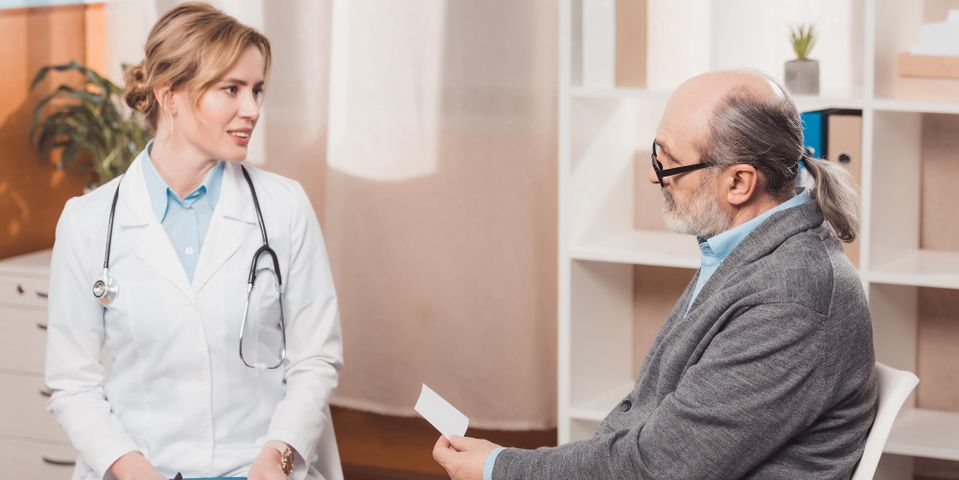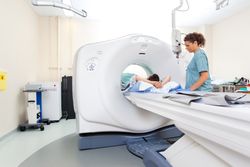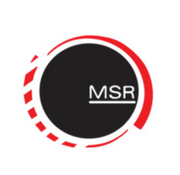
Lung screening is a procedure used to detect lung conditions or problems early on. Lung cancer, in particular, can often develop completely without symptoms, making treatment far more difficult when it’s discovered later. This procedure can benefit a wide range of individuals, but it’s particularly beneficial for older people with a long history of tobacco use.
Who Qualifies for Lung Screening?
People at a higher risk of lung cancer due to long tobacco use, especially those 55 and older or those with more than 30 pack-years of smoking. A pack-year is calculated by multiplying the number of packs smoked per day by the number of years spent smoking. For example, a pack-year is typically defined as having smoked one pack a day for 365 days, for a total of 7,305 cigarettes annually. Thus, if you smoked half a pack daily for 365 days, that equates to two pack-years.
Others who should consider lung screening are those who previously smoked regularly but have quit within the last 15 years. Although research suggests that the risk of lung cancer drops by nearly 40% five years after quitting, longtime or formerly heavy smokers remain at risk. If you have a personal or family history of lung cancer, screening may also be beneficial to detect its development or recurrence.
What Happens During the Procedure?
 Lung screening involves a test called a low-dose CAT scan or CT scan (LDCT), during which you’ll lie on your back on an examining table. The table will slide through an X-ray machine, which will use small amounts of radiation to create detailed images of your lungs. The scan usually begins with an initial pass to determine the best starting point.
Lung screening involves a test called a low-dose CAT scan or CT scan (LDCT), during which you’ll lie on your back on an examining table. The table will slide through an X-ray machine, which will use small amounts of radiation to create detailed images of your lungs. The scan usually begins with an initial pass to determine the best starting point.
Once the machine is ready, you may have to hold your breath briefly in order to obtain a clear picture of your lungs. The table will then pass back and forth several times as the images are created, during which you might hear clicking or knocking sounds. Although the scan itself usually takes less than a minute, expect the appointment to last roughly half an hour. The procedure is painless and non-invasive. You can then go about the rest of your day as normal.
If you are candidate for lung screening, Main Street Radiology in New York City can help. By offering personalized care from their team of experts at any of their multiple locations, you’ll reduce your risk of developing undetected lung cancer and prepare yourself for any necessary treatment. Call (718) 428-1500 to schedule an appointment, or visit them online for further information.
About the Business
(139 reviews)
Have a question? Ask the experts!
Send your question

